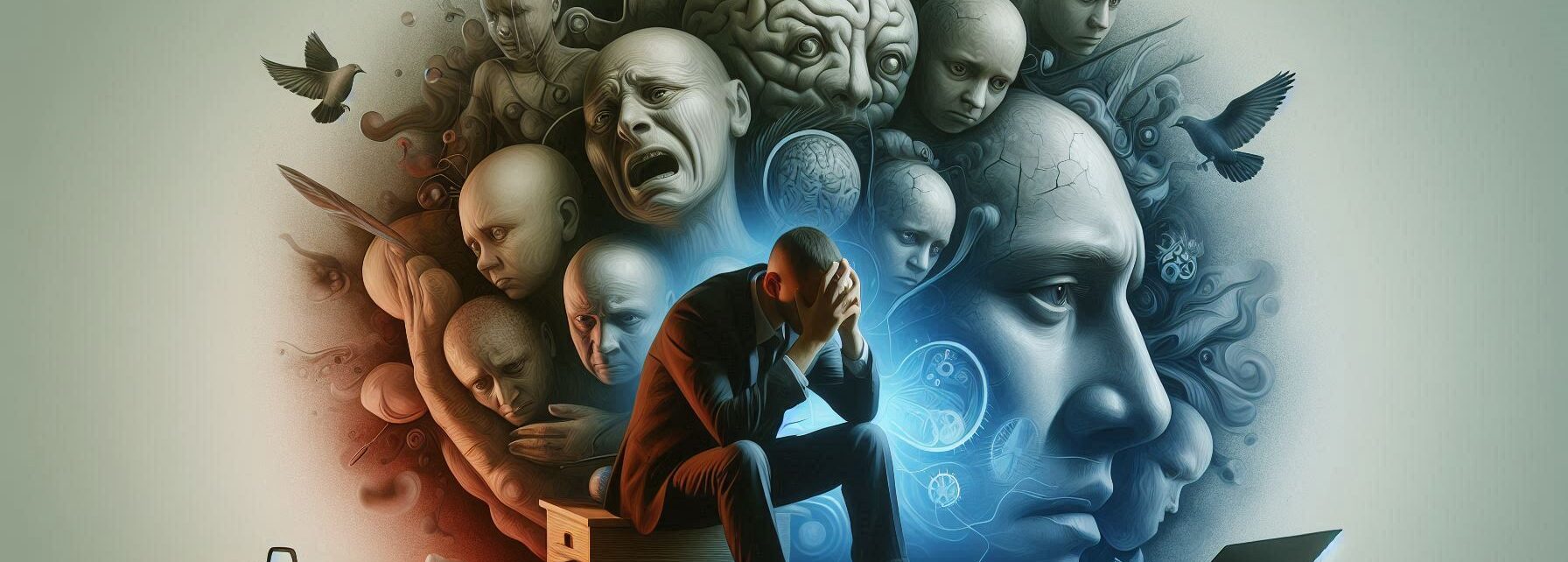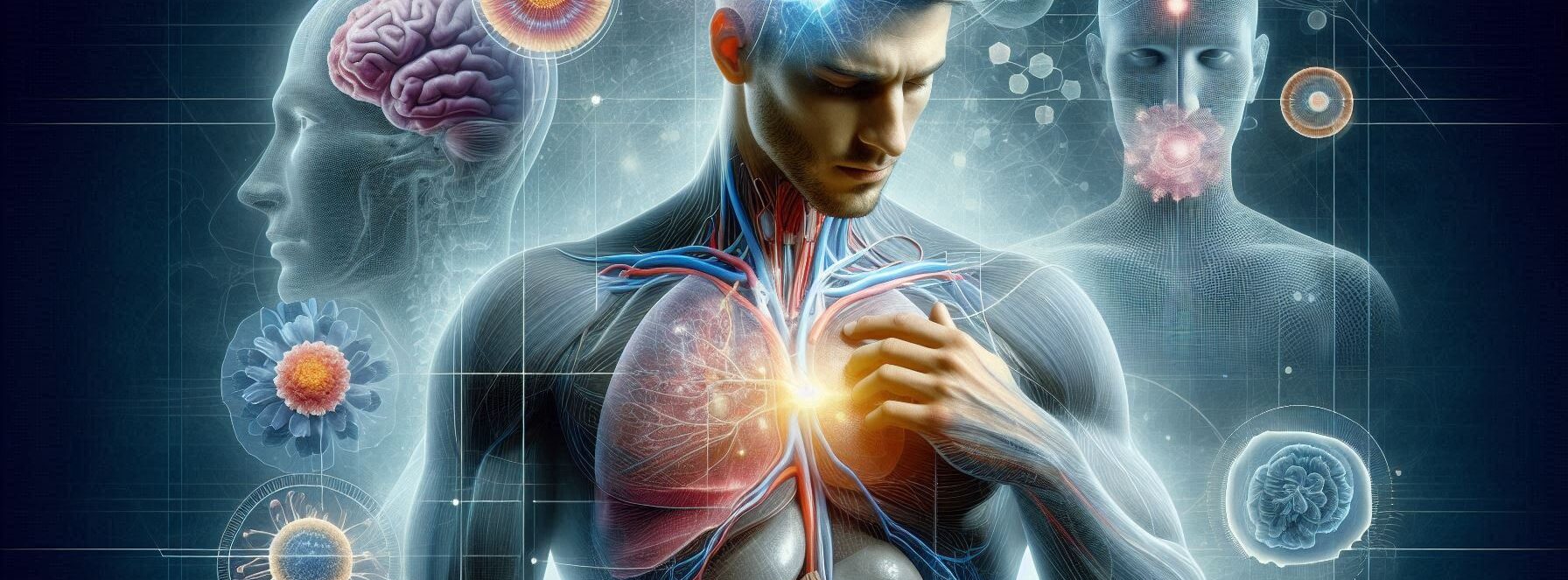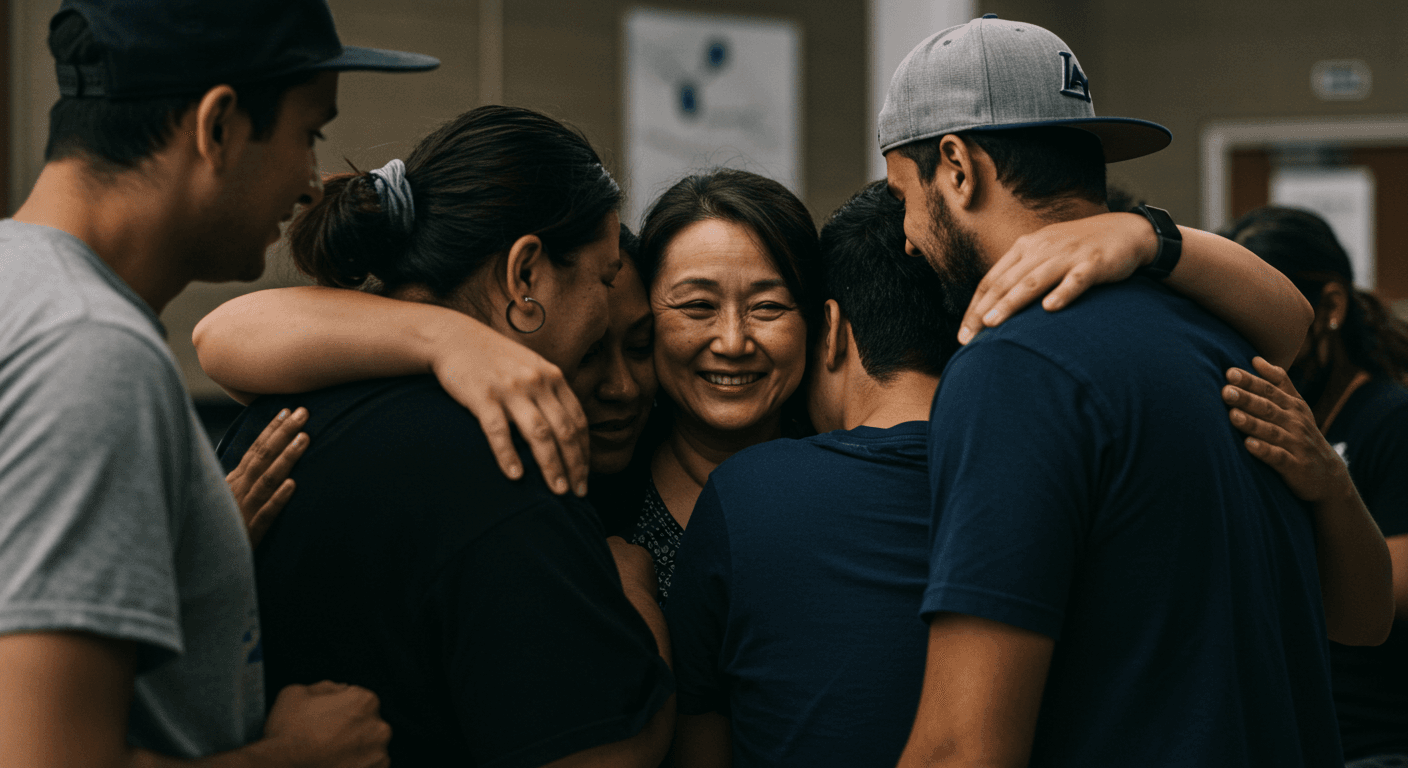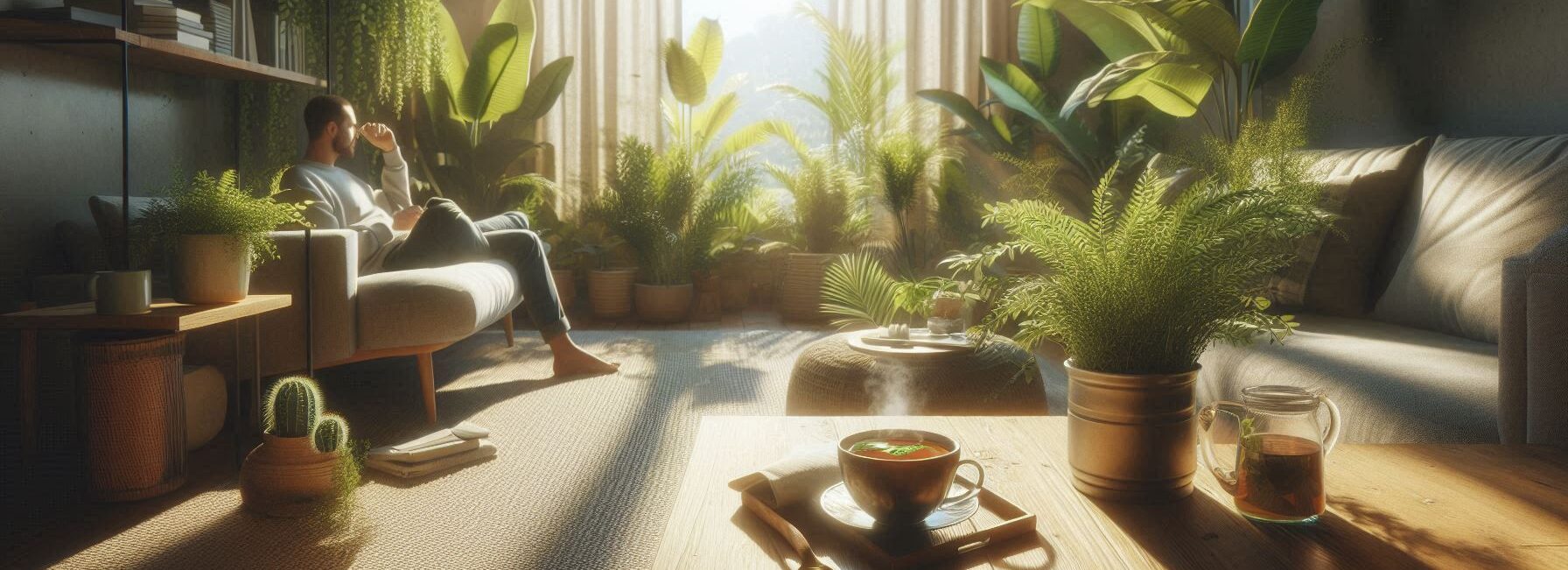Please Note: This post may contain affiliate links. If you click one of them, we may receive a commission at no extra cost to you. As an Amazon Associate, I earn from qualifying purchases.
Grief is like that unwelcome guest at a party who shows up uninvited, eats all your snacks, and refuses to leave. You know the one—sitting in the corner, reminding you of everything you’ve lost while you’re trying to enjoy yourself.
And guess what? This pesky visitor often brings along its buddy, Depression, creating a dynamic duo that can feel overwhelming. So let’s dive into this not-so-fun topic together, armed with humor and understanding.
Top Takeaways and Key Concepts
- Recognize grief as a natural response to loss, manifesting in varied emotional forms.
- Understand that grief can mimic depression symptoms like low energy and hopelessness.
- Use healthy outlets like exercise or creative expression to process emotions safely.
- Seek support from friends, family, or mental health professionals for guidance and connection.
- Incorporate self-care routines and accept gradual healing to foster hope and resilience.
Summary of This Article
This article explores the complex relationship between grief and depression, emphasizing that grief is a natural, multifaceted emotional response to loss. It highlights how grief can produce depressive symptoms such as low energy, difficulty concentrating, and feelings of hopelessness. To manage these emotions, the piece recommends healthy outlets like exercise and artistic expression, alongside seeking support from friends, family, or professionals. Importantly, it encourages incorporating self-care routines and recognizing that healing is gradual, fostering hope and resilience as individuals navigate the intertwined experiences of grief and depression.
What Is Grief Anyway?

By the way, grief isn’t just about crying into your ice cream at 2 AM (although I must admit, it can sometimes feel that way).
It’s a complex emotional response to loss—whether it’s losing a loved one, a pet, or even that favorite pair of socks that mysteriously disappeared in the laundry. Seriously, where do those socks go?
Grief can show up in many forms: sadness, anger, confusion—basically all the fun feelings rolled into one big emotional burrito.
Just when you think you’ve got it figured out and are ready for guacamole on top (because who doesn’t love guacamole?), bam! A wave of sorrow hits you like an unexpected rainstorm during your picnic.
Interestingly enough, everyone experiences grief differently. Some people might sob uncontrollably while others put on their best “everything is fine” face and pretend they’re just having a bad hair day. But deep down inside, there’s often more going on than meets the eye.
The Depressive Symptoms Connection
Let’s see how grief and depression overlap because they really do enjoy hanging out together like two kids trading lunchboxes at school.
When dealing with loss, it’s common to experience symptoms similar to depression: lack of energy, difficulty concentrating (I mean seriously—how hard is it to focus on work when your brain feels like molasses?), changes in sleep patterns—you name it!
For instance, have you ever tried getting out of bed after a particularly rough week? It feels like trying to lift an elephant off your chest!
You might find yourself feeling hopeless or worthless as if nothing will ever get better again. That pesky little voice inside may whisper things like “You’ll never be happy,” which we all know is complete nonsense—but still annoying nonetheless.
And here comes the kicker: these depressive symptoms can stick around long after the initial grief has started to fade away. Suddenly you’re left wondering if you’re grieving or just stuck in a perpetual state of blahness—and trust me; that’s not exactly a pleasant place to be.
Finding Healthy Outlets
Speaking of which—let’s talk about finding healthy outlets for these complicated feelings because bottling them up is about as effective as using duct tape on a leaky dam. One great option is exercise! I know what you’re thinking: “Exercise? Really?” But hear me out!
Engaging in physical activity releases endorphins—the body’s natural mood lifters—and helps clear some mental fog.
Plus, running away from your problems sounds much cooler than sitting around moping about them (and hey—if anyone asks why you’re sprinting down the street looking panicked…just tell them it was part of an intense workout).
Artistic expression can also work wonders! Grab some paintbrushes or crayons (yes—I’m talking about good old-fashioned coloring books) and unleash whatever emotions are swirling inside onto paper.
Who knows? You might discover hidden talent—or at least create something colorful enough to distract from any lingering gloominess.
Seeking Support
Now let’s get real for a second—sometimes we need help navigating through our feelings instead of pretending we’ve got everything under control while eating cereal straight from the box at midnight (not that I’ve done this…recently).
Seeking support from friends or family members can be incredibly beneficial during tough times.
Honestly though—it might feel awkward opening up initially but remember that vulnerability leads to connection! Sharing stories allows us space for empathy and healing together rather than suffering alone behind closed doors.
If talking isn’t quite cutting it—or if friends seem busy binge-watching another series—you could consider professional help too! Therapists specialize in guiding people through difficult emotions without judgment…and they don’t even require pizza as payment!
Moving Forward with Hope
All things considered—as much as grief sucks—it does eventually evolve into something different over time (like transforming caterpillars into butterflies…but maybe more like sad puppies turning into slightly less sad puppies).
Accepting this truth allows us room for hope amidst heartache!
Incorporating self-care routines becomes essential here; whether it’s indulging in bubble baths or simply allowing moments each day dedicated solely towards personal joy—even tiny steps count towards moving forward positively!
Remember—it takes time! Healing isn’t linear; expect ups-and-downs along this journey toward reclaiming happiness post-loss while recognizing both grief & depressive symptoms coexist peacefully within us sometimes too!
Suggested Resources:
Understanding Grief:
https://www.nami.org/Your-Journey/Individuals-with-Mental-Illness/Understanding-Grief
Coping with Grief:
https://www.psychologytoday.com/us/blog/the-moment-youth/202103/coping-grief
Mental Health America – Understanding Depression:
https://www.mhanational.org/issues/depression
Frequently Asked Questions
How is grief different from depression?
Grief is a natural response to loss with fluctuating emotions, while depression involves more persistent feelings of hopelessness, low energy, and loss of interest that may not be tied to a specific event.
Why do grief and depression share similar symptoms?
Both can involve sadness, exhaustion, trouble concentrating, and changes in sleep or appetite because the emotional stress of loss affects the mind and body in ways similar to depressive episodes.
How can I tell if my grief is becoming depression?
If symptoms like hopelessness, numbness, or lack of motivation persist or worsen over time and interfere with daily functioning, it may indicate depression rather than typical grief.
What healthy outlets help process grief-related emotions?
Physical activity, creative expression, journaling, and other calming routines can help release emotions, reduce stress, and create space for reflection and healing.
Is it normal to feel overwhelmed while grieving?
Yes. Grief often brings intense and unpredictable emotions, and feeling overwhelmed is a common part of the process as your mind adjusts to loss.
When should someone seek support for grief?
Support is helpful anytime grief feels too heavy to manage alone, especially if you’re struggling to cope, feeling isolated, or noticing symptoms that resemble depression.
How does self-care support healing during grief?
Self-care routines provide stability, reduce emotional strain, and encourage small moments of comfort and resilience as you navigate the ups and downs of loss.

Kevin Collier is a passionate mental health advocate and writer for SadFAQ.com, where he explores the complexities of depression and mental well-being. With a deep understanding of mental health challenges, Kevin provides compassionate insights and practical advice to help individuals navigate their journeys toward healing. His articles aim to destigmatize mental health issues, offering support and resources for those seeking to improve their emotional resilience. Committed to raising awareness and fostering open conversations, Kevin’s work empowers readers to prioritize their mental health and seek the support they deserve.




